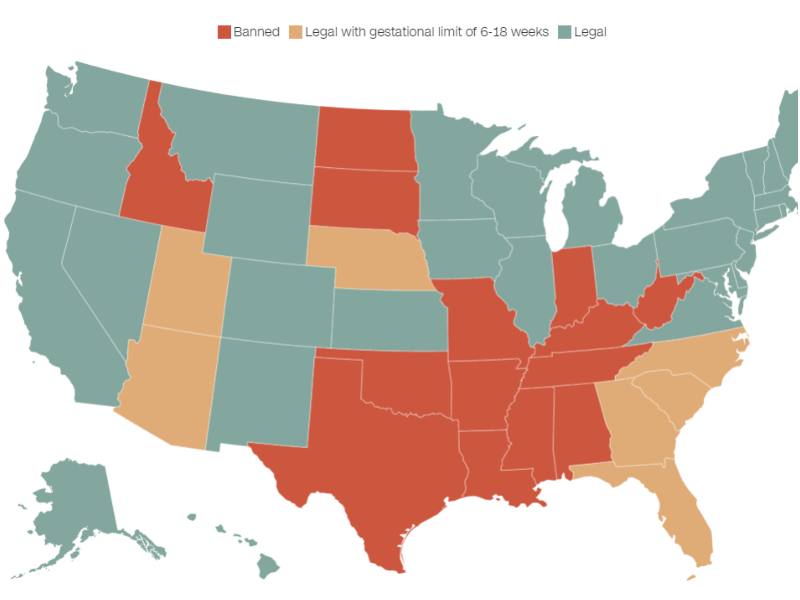In a provocative response to restrictive abortion laws, Mississippi State Senator Bradford Blackmon has introduced the “Contraception Begins at Erection Act,” a bill aimed at spotlighting men’s accountability in reproductive decisions.
The legislation proposes making it unlawful for men to “discharge genetic material without the intent to fertilize an embryo,” marking a dramatic shift in the discourse on reproductive responsibility.
Bill Highlights and Proposed Penalties
The legislation, introduced on January 20, 2025, would impose fines ranging from $1,000 for a first offense to $10,000 for repeat violations. Exceptions are provided for sperm donation and contraception use. If passed, the law would take effect in July 2025.
Blackmon’s proposal directly addresses the imbalance in reproductive laws, which he argues disproportionately target women.
“All across the country, especially here in Mississippi, the vast majority of bills relating to contraception and abortion focus on the woman’s role when men are fifty percent of the equation,” Blackmon said in a statement. “This bill underscores that fact and brings men into the conversation. People can call it absurd, but that doesn’t bother me.”
A Symbolic Gesture in a Conservative Landscape

Graphic: Annette Choi, CNN
Mississippi is one of 12 states with near-total abortion bans, and eight states have proposed or enacted restrictions on contraception access since the Supreme Court overturned Roe v. Wade in 2022.
With a Republican-controlled legislature, the bill faces slim chances of passage. However, Blackmon’s move has ignited national discussion, challenging the male-dominated narrative surrounding reproductive legislation.
The bill’s introduction has drawn attention to the broader implications of current laws targeting women’s reproductive autonomy. Advocates have praised the proposal for highlighting the inequity, while critics have labeled it as performative and unrealistic.
Legal and Social Implications

The proposed legislation raises critical questions about gender roles in reproductive decision-making and the extent to which the law can—or should—regulate individual behavior.
Legal experts have noted that the bill, while unlikely to pass, serves as a thought-provoking challenge to existing policies.
“By shifting the focus to men’s actions, this bill challenges the deeply ingrained gender bias in reproductive legislation,” said one legal analyst. “While its likelihood of becoming law is minimal, its introduction forces a much-needed conversation about equality and accountability.”
National Reaction
The “Contraception Begins at Erection Act” has sparked significant online discourse, with supporters praising its bold stance and critics dismissing it as impractical.
Despite its polarizing nature, the bill underscores growing frustration with laws that disproportionately target women, further fueled by the erosion of federal abortion protections.
While Blackmon’s proposal may never become law, it has undeniably reshaped the debate on reproductive rights, challenging lawmakers and citizens alike to reconsider who bears responsibility in the legislative conversation on contraception and abortion.

